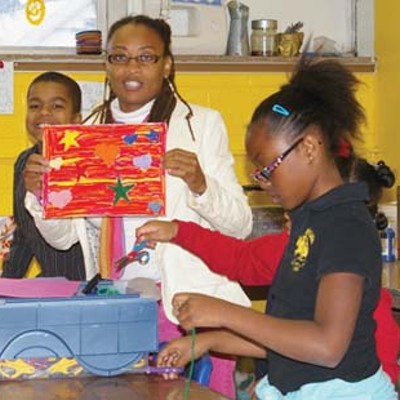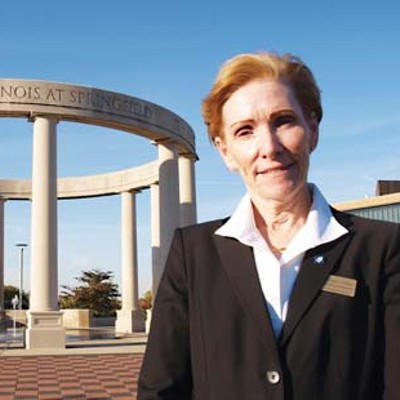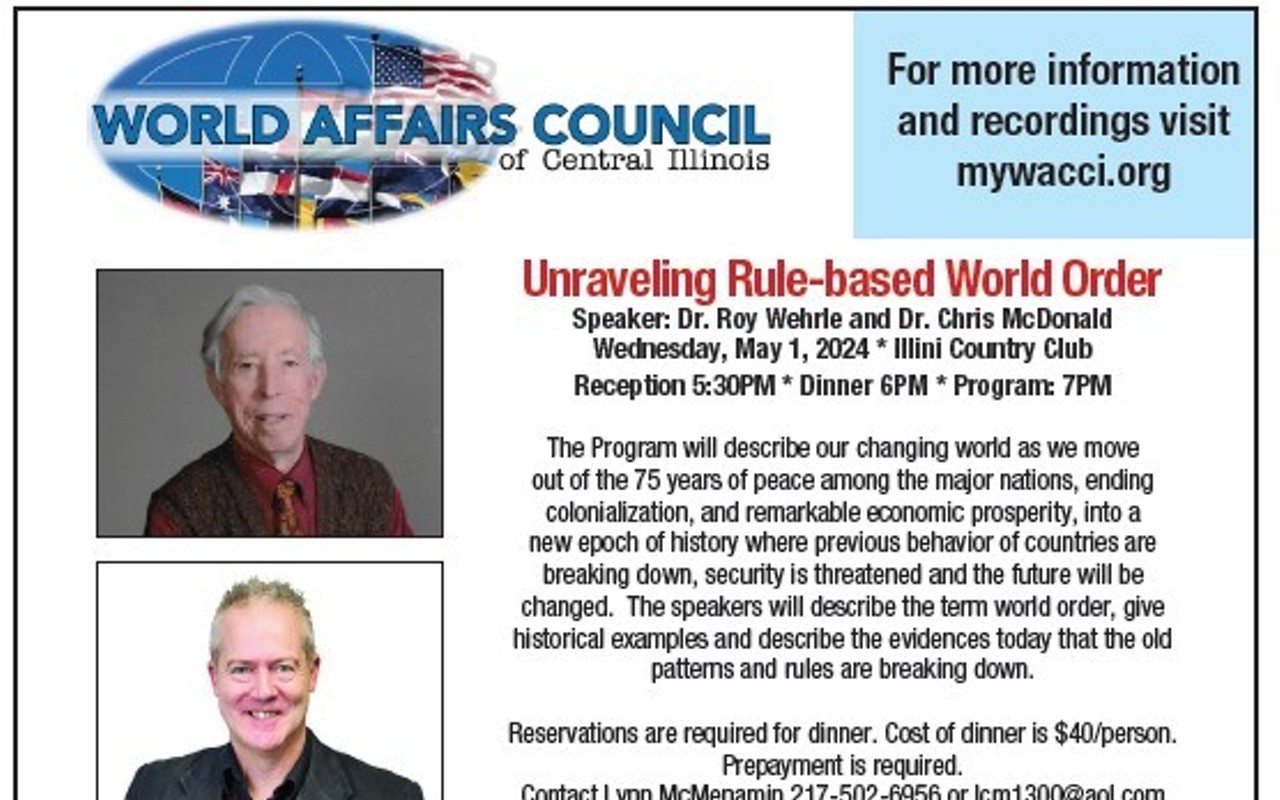Every time Sheri Brinkmeyer ponders having a third child, she can't help but think that her family's recent relocation to Springfield wasn't the best move. She's afraid the state's lack of midwife licensure will mean giving birth in a hospital, like she did with her first child when she felt poked, prodded and bossed around. She birthed her second child at home while living in Oklahoma, but in Illinois the same type of experience would mean putting her midwife in legal jeopardy.
In Illinois, certified nurse midwives, who can be found only in a few Illinois counties, can legally help mothers give birth at home. Other midwives, even those who’ve obtained Certified Professional Midwife credentials recognized by 27 other states, are illegal in Illinois and can be prosecuted for helping mothers give birth at home. [See “Home delivery,” by Amanda Robert, March 25, 2010].
A measure approved by the Illinois Senate last year but defeated in the House would have licensed midwives based on Certified Professional Midwife credentials. Brinkmeyer and the Coalition for Illinois Midwifery are pushing a similar proposal this year with House Bill 2940, which would also allow midwives to administer certain drugs. The coalition this year is also pushing a “baby step” bill, House Bill 1665, the Home Birth Integration Act, which would allow, without the risk of legal action, underground midwives to transfer mothers and their birth records to a hospital in the event of an emergency.
“This really has been a response to the Illinois General Assembly refusing to come up with an answer for the home birth maternity care crisis,” says Michelle Breen, a Coalition for Illinois Midwifery board member. She says that a lack of licensed providers, subject to minimum standards set by a licensing board, has created a black market for midwifery, in which there is no consumer protection. The more a midwife works to become more formally educated, the more likely that midwife is to leave Illinois, Breen says, as he or she is more likely to come under investigation.
Breen says the ultimate goal of the coalition is midwife licensure, and she describes the new bill as a “safe passage” bill. “Most transfers are not emergency, most are due to maternal fatigue, but you do have emergency transfers that do occur, sometimes the mom, sometimes the baby, sometimes it’s both. When you have underground care, you have competing issues. It’s not just about the baby, the midwife is going to be concerned about being arrested.”
Rep. Robyn Gabel, an Evanston Democrat who is sponsoring both home birth bills, says that without safe passage, women might postpone going to the hospital. Because hospitals now can report a midwife if they know who she is, when an underground provider transfers a mother to the hospital the midwife’s records don’t go with the mother and the hospital is less aware of the woman’s medical condition. “We’re not telling people that they should or shouldn’t [have a home birth], we’re just saying that there’s 700 women [in Illinois every year] who do have homebirths and we want to create the safest situation for them that we can.”
The Illinois State Medical Society opposes both midwife licensure and the emergency transport measure. “I think it’s the most insane idea I’ve heard yet,” says ISMS president Dr. Steven Malkin, of Buffalo Grove. “This bill sort of insinuates that it’s OK to have these people deliver you at home, and if there’s a mistake … we’ll be there to clean up the mess.”
Malkin says he’s not opposed to home births, as long as mothers are assisted by “qualified personnel” – hospital-trained certified nurse midwives or doctors. “If enough women want to deliver at home that niche can be filled, but we need to make sure it is done safely and with people who are experienced. … We should not lower our standards to fill a niche.”
Contact Rachel Wells at [email protected].
Home birth bill takes a baby step for midwives
[
{
"name": "Air - MedRect Combo - Inline Content 1",
"component": "11490391",
"insertPoint": "3",
"requiredCountToDisplay": "1",
"parentWrapperClass": "fdn-ads-inline-content-block"
},{
"name": "Air - MedRect Combo - Inline Content 2",
"component": "11490392",
"insertPoint": "7",
"requiredCountToDisplay": "5",
"parentWrapperClass": "fdn-ads-inline-content-block"
},{
"name": "Air - MedRect Combo - Inline Content 3",
"component": "11490393",
"insertPoint": "12",
"requiredCountToDisplay": "9",
"parentWrapperClass": "fdn-ads-inline-content-block"
}
]
Illinois Times has provided readers with independent journalism for almost 50 years, from news and politics to arts and culture.
Your support will help cover the costs of editorial content published each week. Without local news organizations, we would be less informed about the issues that affect our community..
Got something to say?
Send a letter to the editor and we'll publish your feedback in print!



















